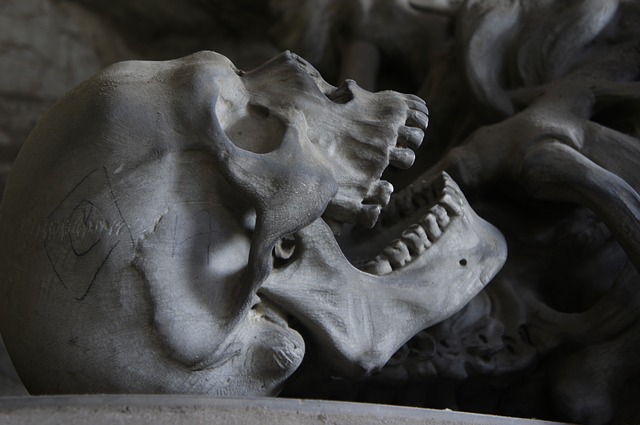Human, or Less than Human?
It’s hard to imagine a more fundamental question for psychology than what it is that makes us human. It’s harder still to come up with an acceptable answer. Great thinkers through the ages have puzzled over the nature of human nature, and so have contemporary psychological theorists. Are we rational animals, intuitive scientists, naked apes, information-processing machines, or battlefields of intrapsychic conflict? Many writers have made suggestions about what makes us human or wthat defines our humanity, some less serious than others (Mark Twain: "Man is the only animal that blushes. Or needs to"). Or is there perhaps no human nature at all, as the existentialists thought, no definition of humanness that works? Plato suggested "featherless biped", only to be refuted when Diogenes produced a plucked chicken.
Our own ambitions have been more modest. Instead of expounding what humanness is, we have tried to understand what people think it is. Our attempt to answer this question led us to explore some of the consequences of seeing people as having or lacking humanness. These consequences range from the dehumanization of despised groups to the making of excuses about one’s failings ("I’m only human"). We started out with few preconceptions and simply asked people to rate an assortment of personality traits on the extent to which they were human, framing that question in two distinct ways: were the traits unique to humans and were they parts of human nature. To our initial surprise, these two ways of asking the question revealed two quite distinct senses of humanness. One sense, which we call Human Uniqueness, refers to those attributes that distinguish humans from (other) animals. The other sense, which we call Human Nature, refers to attributes that are seen as fundamentally, essentially, or typically human.
Our early studies helped to clarify the composition of these two senses of humanness. Human Uniqueness attributes tend to revolve around refinement, civility, and rationality. These attributes are seen as arising relatively late in development because they are products of socialization and learning. They represent ways in which humans transcend animality through reason and culture. Human Nature attributes, in contrast, tend to involve warmth, emotion, openness, and desire. Unlike Human Uniqueness traits, these attributes are seen as early-emerging, as widespread within the population, and as cross-culturally universal; they constitute our "shared humanity". Human Nature traits are also seen as deep-seated, essence-like properties; they are fundamental or defining attributes of the person who possesses them. Rather than representing how humans transcend nature, Human Nature characteristics reflect the innate, intrinsic, and embodied aspects of humanness. However, Human Uniqueness and Human Nature are not opposites. Some attributes may be seen as unique to humans and part of our nature (e.g., imagination), some as unique to humans but not part of our nature (e.g., politeness), some as parts of human nature but not uniquely human (e.g., curiosity), and some as neither (e.g., timidity).




